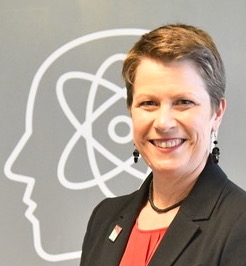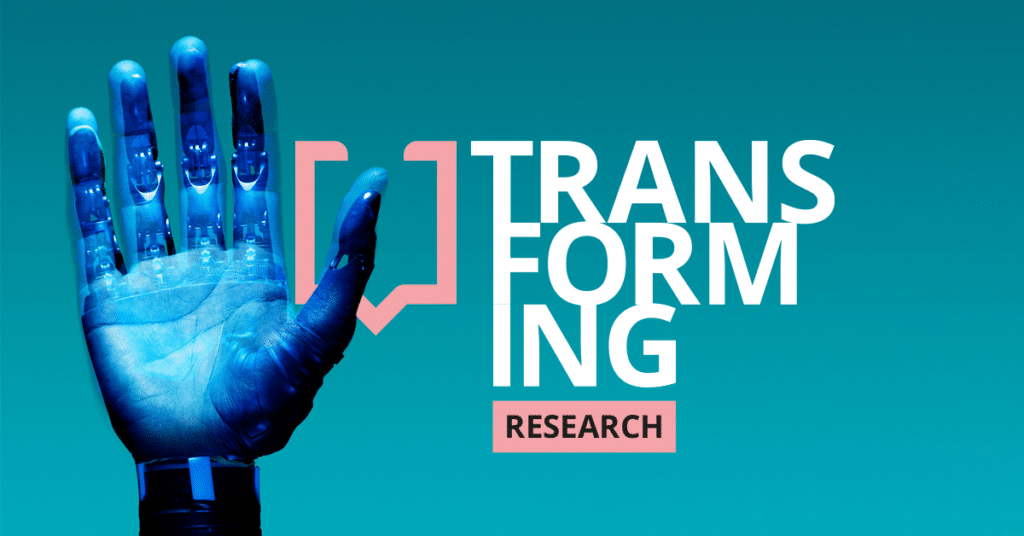
Open research is transforming the way research findings are discovered, shared and reproduced. As part of our commitment to the Open Principles and research transformation, we are looking into how open research is transforming roles, approaches, policies and, most importantly, mindsets for everyone across the research landscape. See our inspiring transformational stories so far.
Academia is at a pivotal juncture. It has often been criticized as slow to change, but external pressures from an increasingly complex world are forcing rapid change in the sector. To understand more about how the research world is transforming, what’s influencing change, and how roles are impacted, we reached out to the research community through a global survey and in-depth interviews.
Research Transformation stories so far…
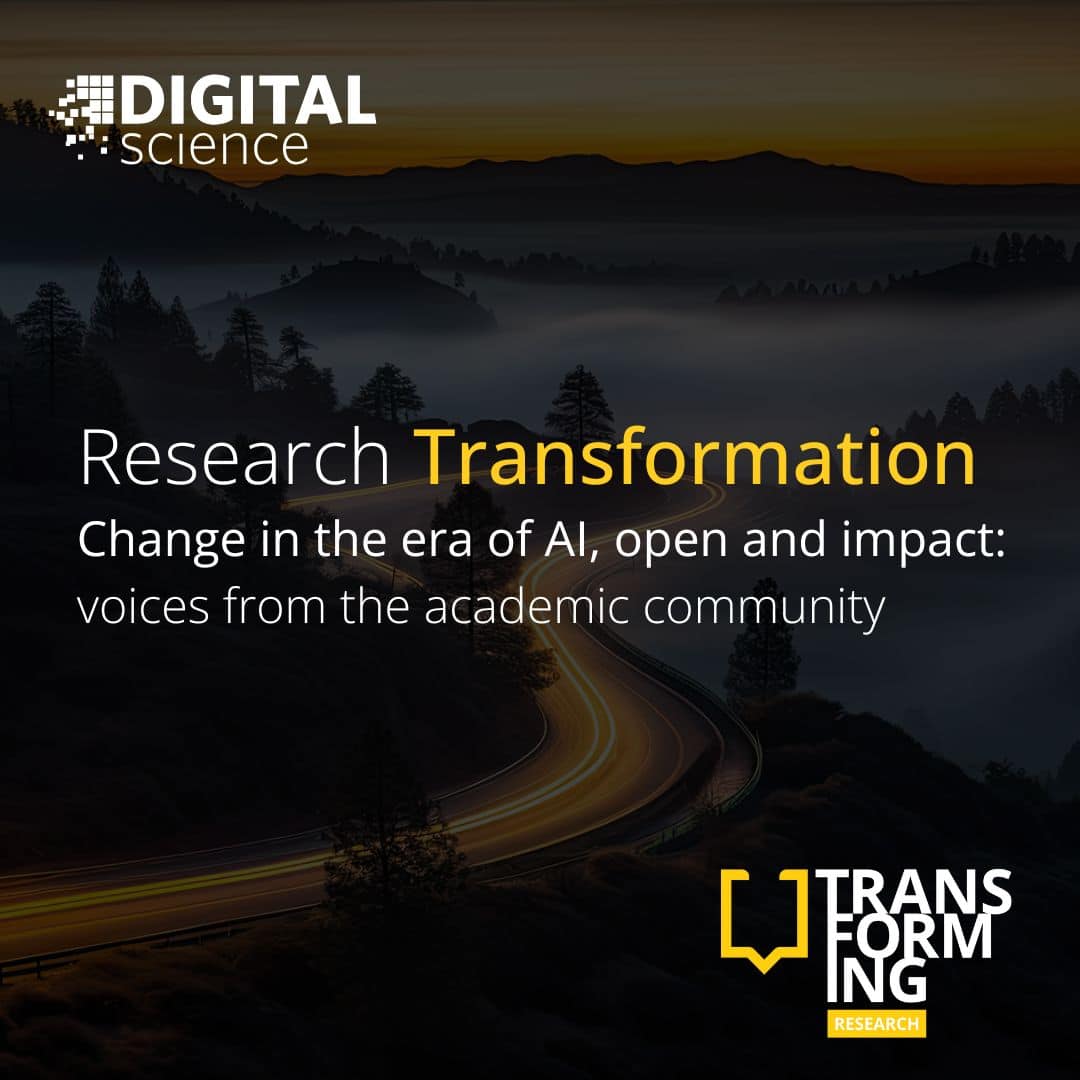
Academic Survey Report Pre-registration

State of Open Data 2024 – Special Edition

Will 2025 be a turning point for Open Access? – Digital Science
How has innovation shaped Open Research? What does the future hold – especially with the impact of AI? Here’s Dan Valen speaking about Figshare’s key role, with innovation helping to transform the research landscape.
Digital Science has always understood its role as a community partner – working towards open research together. Here’s some ways in which we have helped to transform research over the last 14 years.
In our first piece, Simon Porter and Mark Hahnel introduce the topic and detail the three areas the campaign will focus on.
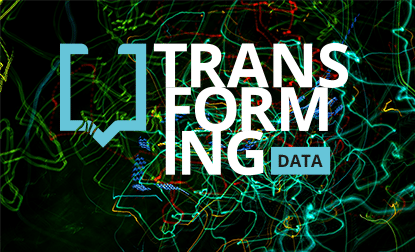
- Making data more usable
- Opening up channels & the flow of information
- Transforming data through innovation & AI
- Maintaining trust & integrity
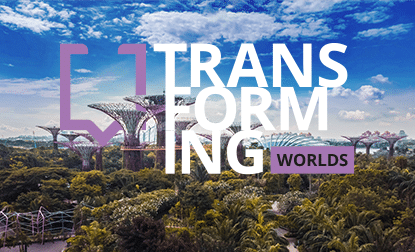
- Seeing both perspectives
- What success looks like for knowledge transfer
- Evolving roles and the role of people in bridging gaps
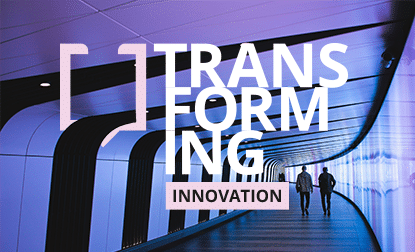
- Research Transformation White Paper
- How have roles changed:
- In Academia?
- In Publishing?
- In Industry?
- State of AI Report
- How are we using AI in our research workflows?
Research Transformation
The way we interact with information can amplify our ability to make connections, and in doing so transforms how we understand the world. Supercharged by the AI moment that we are in, the steady march of digital transformation in society over the last three decades is primed for rapid evolution. What is true for society, is also doubly so for research. Alongside ground-breaking research and discoveries is the constant invitation to adapt to new knowledge and abilities. Combine the general imperative within the research sector to innovate with the rapidly evolving capabilities of generative AI and it is safe to say that expectations are high. Taking effective advantage of new possibilities as they arise however, requires successful coordination within society and systems.
There is an art to transformation, and understanding the mechanisms of transformation places us in the best position to take advantage of the opportunities ahead.
In this series, we specifically seek to explore Research Transformation with an eye to adapting what we already know to the present AI moment. Transformation in Research is not just about digital systems, but it is also about people and organisations – crossing boundaries from research to industry, emerging new research sectors, creating new narratives and adapting to the possibilities that change brings.
At Digital Science, we have always sought to be an integral part of research transformation, aiming to provide products that enable the research sector to evolve research practice – from collaboration and discovery through to analytics and administration. Our ability to serve clients from research institutions to funders, publishers, and industry has placed us in a unique position to facilitate change across the sector, not simply within silos, but between them. In this series, we will be drawing on our own experiences of research transformation, as well as inviting perspectives from the broader community. As we proceed we hope to show that Research Transformation isn’t just about careful planning, but requires a sense of playfulness – a willingness to explore new technology, a commitment to a broader vision for better research, as well as an ability to build new bridges between communities.
1. The story of research data transformation
In the first of three themes, we will cover Research Transformation from the perspective of the data and metadata of research. How do changes to the metadata of research transform our ability to make impact, as well as see the research community through new lenses? How does technology enable these changes to occur? Starting almost from the beginning, we will look at how transitions in publishing practice have enabled the diversity of the research workforce to become visible. We will also trace the evolving story of the structure of a researcher’s papers, from the critical use of identifiers, to adoption of the credit ontology, through to the use of trust markers (including ethics statements and data and code availability, and conflict of interest statements.) The evolving consensus on structured and semi structured nature of research articles changes not only the way we discover, read and trust individual research papers, but also transforms our ability to measure and manage research itself.

Our focus will not only be reflective, but will also look forward to the emerging challenges and opportunities that generative AI offers. We will ask deep questions about how research should make its way into large language models. We also explore the new field of Forensic Scientometrics that has arisen in response to the dramatic increase in bad faith science in part enabled by generative AI, and the new research administration collaborations that this implies – both with research institutions and across publishing. We will aso offer more playful, experimental investigations. For example, a series on ‘prompt engineering for librarians’ draws on the original pioneering spirit of the 1970’s MEDLARS Analysts to explore the possibilities that tools such as OpenAI can offer.
2. The story of connection
Lifting up from the data, we note that a critical part of our experience of research transformation has been the ability to experience and connect with research fromshifting perspectives. In this second theme exploring research transformation, we aim to celebrate the art of making connections, from the personal transformations required to make the shift from working within research institutions to industry, through to the art of building research platforms that support multiple sectors. We also cover familiar topics from new angles, For instance, how do the FAIR data principles benefit the pharmaceutical industry? How do we build effective research collaborations with emerging research sectors in Africa?

3. The story of research innovation
In our third theme, we will explore Research Transformation from the perspective of innovation, and how it has influenced the way research is conducted. Culminating in a Research Transformation White Paper we will explore how roles have changed in academia, publishing, and industry. Within this broader context of Research transformation, we ask ‘How are we using AI in our research workflows?’ How do we think we will be using AI in years to come?

Of course, many of us in the Digital Science community have been engaging with different aspects of research transformation over many years. If you are keen to explore our thinking to date, one place that you might like to start is at our Research Transformation collection on Figshare. Here we have collated what we think are some of our most impactful contributions to Research Transformation so far. We are very much looking forward to reflecting on research transformation throughout the year. If you are interested in contributing, or just generally finding out more, why not get in touch?





























